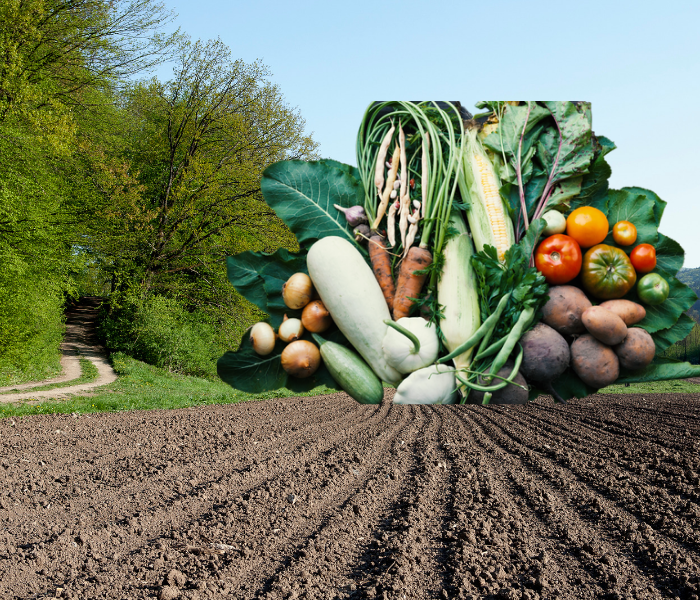Nigeria’s economy has always depended heavily on agriculture, which employs a large number of people and provides food for both domestic and international trade. Unfortunately, Nigeria’s traditional agricultural practices have frequently hurt the environment, including soil deterioration, deforestation, and water pollution. Farmers may experience adverse economic effects from these unsustainable methods, such as lower agricultural yields and income.
Sustainable agriculture, an alternative farming method that emphasizes the use of methods that promote ecological balance, conserve biodiversity, and safeguard natural resources, has emerged as a solution to these problems. Nigerian farmers can enhance food production and income while reducing their environmental effects by implementing sustainable agriculture practices.
Nigerian farmers can employ the following sustainable agricultural techniques to develop their techniques for farming:
•Crop rotation: Farmers can alternate their crops rather than planting the same one continually. Rotating crops helps to improve soil fertility, lower insect and disease pressure, and prevent soil degradation.
•Integrated pest management (IPM): is the practice of using both chemical and non-chemical means to control pests. This strategy reduces the damaging effects of pesticides on the ecosystem.
•Conservation agriculture: This method of farming uses cover crops to prevent erosion and soil disturbance to increase soil fertility. Farmers can enhance crop yields while minimizing their impact on the environment by implementing conservation agricultural practices.
•Agroforestry: The process of incorporating trees into farming systems is known as agroforestry. This method gives farmers extra income sources while preserving soil and preventing erosion.
•Effective water management: Nigerian farmers can save water by utilizing drip irrigation and rainwater collection. These methods aid in reducing water waste and raising agricultural yields.
•Organic farming: Using only natural methods to manage pests and increase soil fertility, organic farming avoids the use of synthetic fertilisers and pesticides. This strategy can improve the quality and nutritional content of crops while lowering the environmental effect of farming.
•Livestock management: Nigerian farmers can implement sustainable livestock management techniques by minimizing their dependency on antibiotics and other chemicals, boosting animal welfare, and utilizing organic pests and diseases.
•Soil conservation: Terracing, mulching, and the use of compost are examples of soil conservation measures that can assist to stop soil erosion, increasing soil fertility, and lessening the need for synthetic fertilisers.
•Seed Saving: This is a technique of saving and growing conventional, non-hybrid seeds. Nigerian farmers can conserve genetic diversity and lessen their reliance on commercial seed firms by preserving seeds from year to year.
• Sustainable forestry: Forest management techniques that balance economic, social, and environmental benefits are known as sustainable forestry. Sustainable forestry techniques can be used by Nigerian farmers to preserve biodiversity, stop deforestation, and create new revenue streams from the sale of timber and non-timber forest products.
Nigerian farmers may enhance crop yields while protecting the environment and preserving natural resources for future generations by putting these sustainable agriculture principles into practice. Also, by creating new markets for food products made with sustainability in mind and raising the quality of their harvests, adopting sustainable agriculture practices can help farmers boost their income.
By: Uzokwe Calista Ngozi Achievers of Sustainability Team Leader.





